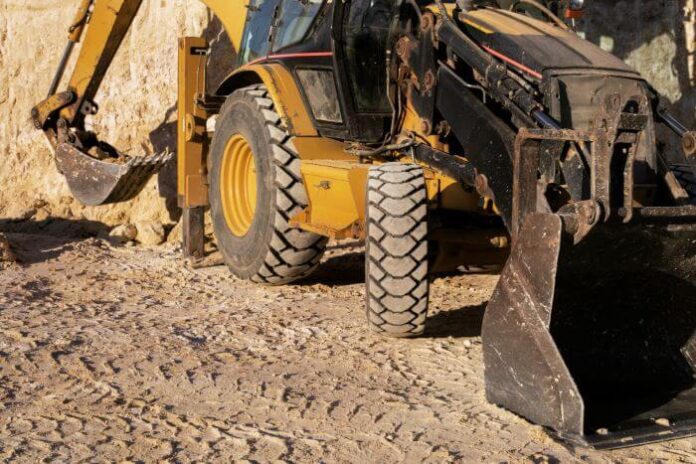For companies building things, choosing whether to rent or own the machines they use is very important because it can affect money and how work gets done.
Each choice has its good points and bad points that change with things like how long a project takes, how much money there is to spend, and how often the machines are used.
In this article, we will talk about some important factors that play a role in deciding whether to rent or buy construction machinery. Considering these factors, companies can easily make the choice that best fits their particular requirements and objectives.
Factors to Consider When Thinking of Buying or Renting Construction Machinery
1. Project Duration and Frequency
When you must choose whether to rent or buy building machines, think about how long and often your projects are. If the work is for a short time or not regular, and what machinery you need changes often, renting might save money better because it lets you use what’s needed without owning it for a long time.
On the other hand, if a project is for a longer period or activities that continue and need regular use of machinery, purchasing could provide more worth and power over when equipment can be used.
2. Budget Constraints and Cash Flow
Financial planning is crucial for deciding between renting or buying construction machinery. Renting demands less initial investment, making it a perfect choice for firms with limited funds or cash flow constraints. It eliminates ongoing maintenance and storage costs, offering potential savings.
However, purchasing equipment allows cost distribution over years and may be more economical for long-term or frequent use.
Businesses must weigh project length, budget limits, and usage frequency to choose between whether to invest in an excavator for sale or opt for rent based on their specific needs and goals.
3. Equipment Utilization Rates
It is important to think about how much you plan to use the equipment. If you believe it will be used a lot, purchasing might save money over time because the cost for each hour of using it goes down when you use it more often.
On the other hand, if you think you will not use equipment often or just sometimes, it is better to rent because then you only spend money when you actually need to use it. This way, there are no costs for owning equipment when it’s not being used.
Looking at past data and guessing how much machinery we will need in the future can guide companies to choose an option that saves them money.
4. Equipment Maintenance and Repair Needs
Considering maintenance and repair is crucial when renting or purchasing construction machinery. Rental agreements typically cover maintenance, offering convenience and cost savings over ownership.
It’s vital for businesses to understand their rental agreements to manage equipment care, avoid penalties, and ensure replacement provisions.
Conversely, owning machinery affords greater control over maintenance scheduling and methodologies, potentially reducing downtime and extending equipment lifespan.
5. Equipment Depreciation and Resale Value
Ownership provides tax benefits through depreciation, but risks include losing value or becoming obsolete. The tool’s age, functionality, and market demand should inform purchasing decisions, influencing returns on investment.
Exploring payment options like leasing or financing can mitigate the immediate financial impact of acquiring new machinery.
6. Market Dynamics and Equipment Availability
The choice to rent or purchase construction equipment can be affected by changes in the market and whether the equipment is available, especially when there’s a big demand or problems with supply chains.
When companies decide to rent, they have the opportunity to use many different types of equipment and models which usually come with rental agreements that can adjust to the varying requirements of their projects.
During the high seasons for building or in areas with not many rental options, it might be hard to get the needed machines. If you have your own equipment, it makes sure that you always have what is needed and lessens dependence on outside renting services.
Final Thought
Choosing whether to rent or purchase construction machinery needs a thoughtful review of elements like how long the project will last, budget limits, etc.
Renting can give flexibility and help save money when dealing with brief or irregular tasks. However, purchasing might lead to cost savings over time for projects that continuously require such gear.
If you are looking into purchasing excavators or considering renting them, thoroughly examining your particular requirements and objectives is useful for making the most suitable choice for your company.







